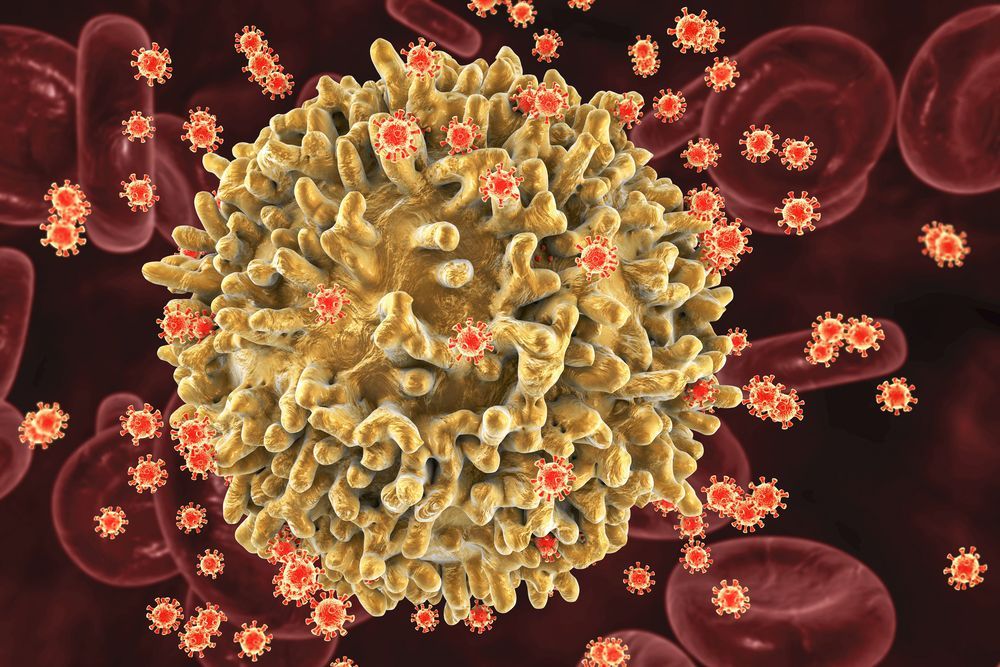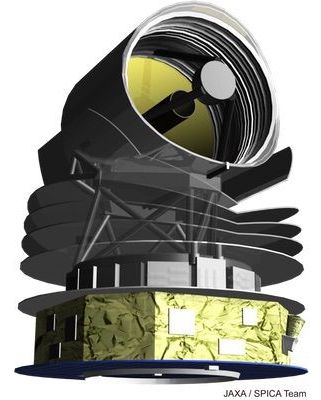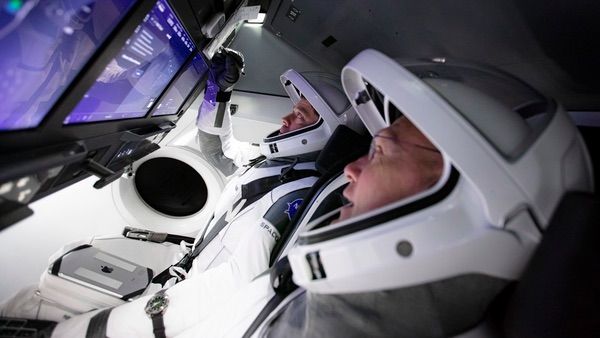A study just released by Columbia University Mailman School of Public Health is reporting a blood-DNA-methylation measure that is sensitive to variation in the pace of biological aging among individuals born the same year. The tool—DunedinPoAm—offers a unique measurement for intervention trials and natural experiment studies investigating how the rate of aging may be changed by behavioral or drug therapy, or by changes to the environment. The study findings are published online in the journal eLife.
“The goal of our study was to distill a measurement of the rate of biological aging based on 12-years of follow-up on 18 different clinical tests into a blood test that can be administered at a single time point.” said lead author Daniel Belsky, Ph.D., assistant professor of epidemiology at Columbia Mailman School and a researcher at the Columbia Aging Center.
Midlife adults measured to be aging faster according to the new measurement showed faster declines in physical and cognitive functioning and looked older in facial photographs. Older adults measured to be aging faster by the tool were at increased risk for chronic disease and mortality. In other analyses, the researchers showed that DunedinPoAm captured new information not measured by proposed measures of biological aging known as epigenetic clocks, that 18-year-olds with histories of childhood poverty and victimization showed faster aging as measured by DunedinPoAm, and that DunedinPoAm predictions were disrupted by a caloric restriction intervention in a randomized trial.









